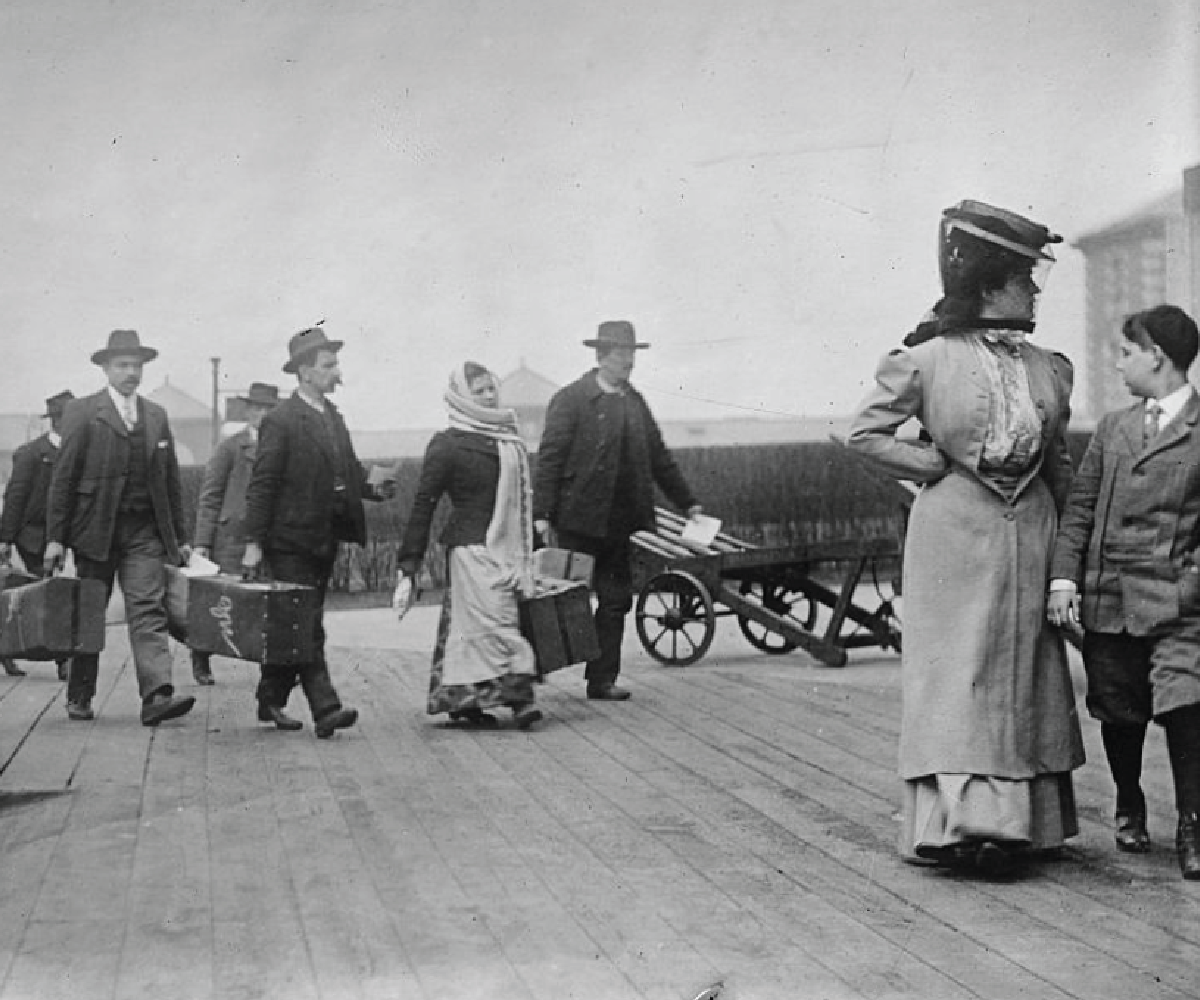497 Search Results Found For : " ʸī rqc912.top Ʈ 继īƮ Time slot ¶īƢ ػ罺 Ȧ PC ī Ȳ"
Blurring the Color Line: The New Chance for a More Integrated America
(2009) Changing demographics in the United States present an opportunity for the advancement of minorities into higher-paying occupations.

Repeats and Rhymes: Lessons From 100 Years of U.S. Immigration Policy
Attempts at immigration reform should address issues that have been with us, in various guises, for at least a century.

People @ PRB: Introducing Apoorva Jadhav, Our New Senior Fellow
As our new Senior Fellow, Dr. Jadhav will help PRB explore the global shift to lower fertility—and the implications for health, well-being, and rights.
Sex Workers Promote AIDS Awareness in Senegal
(2000) Senegal's AIDS community turns out in force when the local women's association, called AWA, holds its board meetings. UN advisors, medical personnel, representatives from nongovernmental organizations, and the National AIDS Program come to honor the women for their frontline position in the fight against AIDS.
Gender and Equity in Access to Health Care Services in the Middle East and North Africa
(2006)The Middle East and North Africa (MENA) region has experienced major improvements in health over the past few decades.1 Today, on average, a girl born in Egypt is expected to live for 72 years—nearly 20 years longer than if she had been born in the early 1970s—owing in large part to a 70 percent improvement in infant mortality rates over the same time period.
The Challenges of Integrating Family Planning and Maternal/Child Health Services
(2011) For years, family planning (FP) has been integrated with maternal and child health services (MCH) in countries such as Colombia, Indonesia, Mexico, the Philippines, and Thailand.

Seven Lessons in Sustainability and Scalability for Digital Health Solutions
Updates to the mHealth Compendium’s family planning case studies highlight how programs have evolved, revealing insights on sustainability and scalability.
Dissecting China’s 2000 Census
(2001) After conducting what was arguably the world's most ambitious census ever last November, the Chinese government has begun to release the results.

Shifts, Flips, and Blips: Reflecting on 25 Years of U.S. Population Change
Mark Mather from our U.S. Programs team looks back at key population trends since he joined PRB in 1998.
